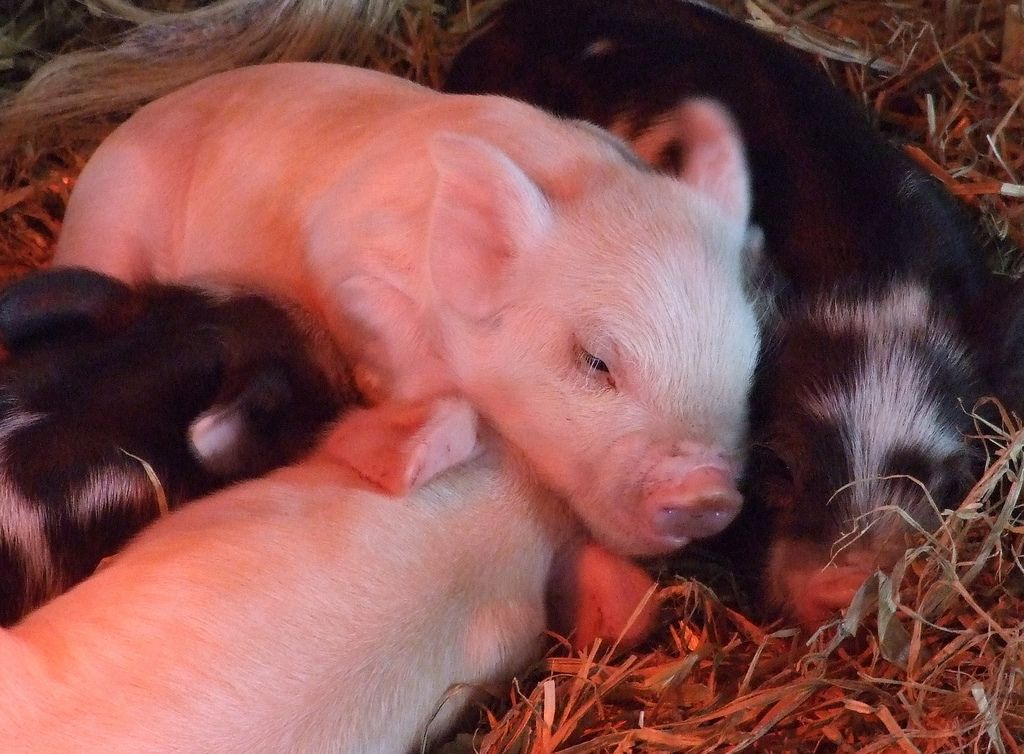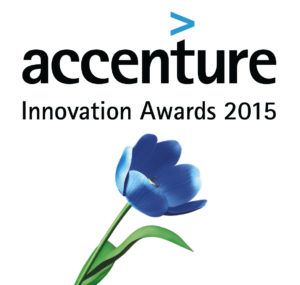A jury of food and agriculture professionals has selected 10 companies to compete in the Fair Foods category at the finals of global management consultancy Accenture’s Innovation Awards in the Netherlands later this month.
The Innovation Awards, which Accenture has been organising for nine years in the Netherlands, are an attempt to help innovative, and often startup, companies in the country get exposure to Accenture’s client base, and vice versa.
There are 10 categories in total, and Fair Foods is one of the competition’s newer categories as the firm tries to put a spotlight on sustainability.
Intentionally quite a broad category, some 104 businesses applied across four main themes: food e-commerce, alternative protein resources, sustainable food chain and smart farming (or precision agriculture).
The jury then shortlisted 10 to move to the next stage. They include FreshlightAgri, a company using specialist lighting to improve air quality in poultry barns — by removing volatile organic components, ammonia and fine dust which increase the amount of pathogens in the air — through ionization. Using this system, farmers can expect to give their livestock fewer antibiotics.
Other shortlisted companies include Pit-Foodconcepts, which is using seaweed to make food products; and Coppens, an animal feed company producing a small grain specifically for piglets to help them move onto solid food more quickly, and improve their intestinal microbiota.
“There were some really impressive applications, and it’s always difficult to select just 10 as you want to help all the businesses to build their products. But in the end we based our decision on whether they were offering something new, truly sustainable and with a clear business potential,” said Margrethe Jonkman, the jury chairman, and corporate director of R&D at Dutch dairy company FrieslandCampina.
Today, those 10 will meet with the jury and explain in further detail what they are trying to achieve with their innovations, and from there the jury will select the final five to present at the awards ceremony at the end of the month.
“It’s great to do it face-to-face and at this round we hope to really hear what their unique selling points are,” said Jonkman.
While not wanting to pick out a favorite from the group, Jonkman was particularly impressed with innovations that seek to solve food chain problems in developing markets. Wakati, one of the finalists, for example, is building a tent to store post-harvest crops in a sterilised microclimate in order to increase their shelf life. The tent is powered by solar energy using less than 1 percent of the energy used by a refrigerator and at a fraction of the cost. Wakati is targeting the smallholder farmer market across Africa.
Other shortlisted sustainable food chain innovations include a fish processing machinery company — De Boer RVS — that helps fisheries to return bycatch — or those fish species caught unintentionally — to the sea unharmed. The machinery uses a range of technology including camera detection and sorting belts.
“Creating a sustainable food chain is particularly important for my company where we are always looking at new technologies that can reduce the amount of energy we use and to reduce waste, in general,” she said.
The remainder of the shortlisted businesses offered health and nutrition solutions — such as protein-rich food and drinks and meat replacement products —, precision agriculture tools, water desalinization technologies, and innovative animal feed.
“The intersection of health and sustainability is very important,” said Jonkman. “If you look over the longer term and at the growing global population, getting people the nutrients they need to live will require sustainable practices. And at the same time, people are much more aware of their nutritional intake and how to combine that with their daily lifestyle.”
Combine these macro themes with the growing amount of digital technology including big data, and there is an enormous amount of technology coming down the pipe which will only increase.
“There is no world without new tech anymore; everyone is adopting it,” she said. “I think it will even grow faster in the near future, and is something industries can’t avoid. Farmers in my industry get very excited about new tech.”
For more information about the awards, and a full list of the finalists, click here. Pieter Kraaijeveld is the lead of the fair foods category and available to discuss the companies further on email.






